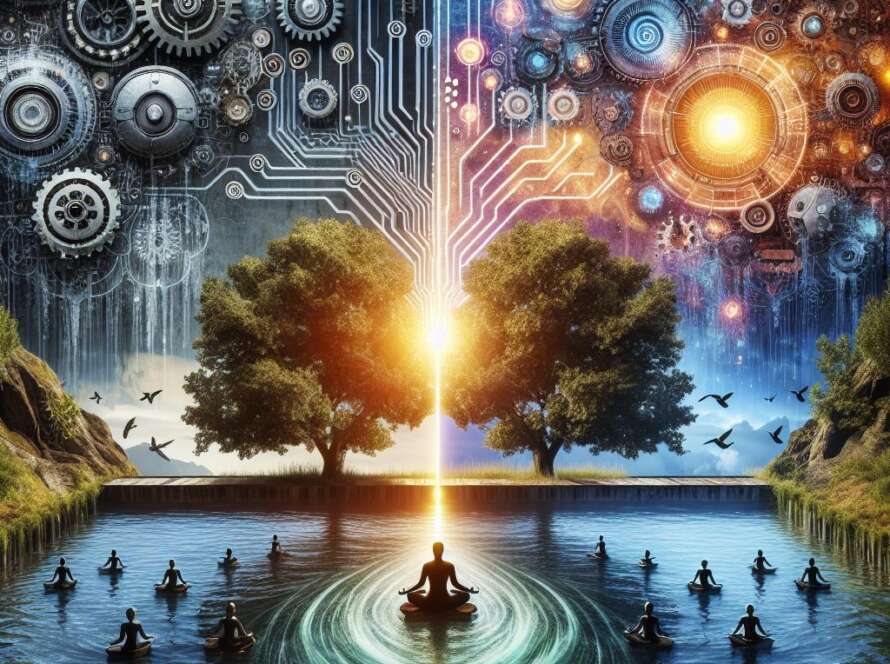In a world where comedy and technology collide, a fascinating experiment recently took place when 20 comedians enlisted the help of artificial intelligence to craft their stand-up routines. As the lines between human creativity and machine innovation blur, the results of this unique collaboration promise to challenge our perceptions of humor and the creative process. Join us as we delve into the world of AI-generated comedy and discover what happened when these comedic minds embraced the power of algorithms. 20 comedians recently embarked on an unconventional collaboration, joining forces with artificial intelligence (AI) to write their comedy routines. The results of this unique partnership were nothing short of fascinating, showcasing the creativity and humor that can arise from combining human talent with AI technology.
Upon unveiling the AI-generated routines, comedians and audiences alike were left in awe of the witty jokes and unexpected punchlines that emerged from the collaboration. The routines were analyzed, dissected, and celebrated for their ingenuity and originality, proving that AI is capable of influencing the world of comedy in profound ways.
The impact of this collaboration on the comedy world is undeniable, with many comedians embracing AI as a valuable tool for enhancing their craft. By working alongside AI, comedians are able to explore new avenues of humor, experiment with different comedic styles, and push the boundaries of traditional comedy routines.
Through this collaboration, valuable lessons were learned for comedians looking to work with AI in the future. Recommendations were made for comedians to embrace AI as a creative partner, to experiment with different AI tools and platforms, and to stay open to the endless possibilities that AI can bring to the world of comedy. As comedians continue to explore the intersection of humor and technology, the future of comedy looks brighter and more exciting than ever before.
Wrapping Up
In conclusion, the intersection of comedy and artificial intelligence has certainly sparked a fascinating experiment with unpredictable results. As we’ve seen, allowing AI to write comedy routines for 20 comedians has led to a diverse range of performances, some of which amused and intrigued audiences, while others fell short of expectations. This collaboration between human creativity and technological innovation has opened up new possibilities in the world of comedy, challenging traditional notions of humor and pushing the boundaries of what we thought was possible. The future of AI in comedy remains uncertain, but one thing is clear: humor, much like technology, continues to evolve in exciting and unexpected ways. So, who knows – maybe one day we’ll all be laughing at jokes written by robots. Only time will tell.





